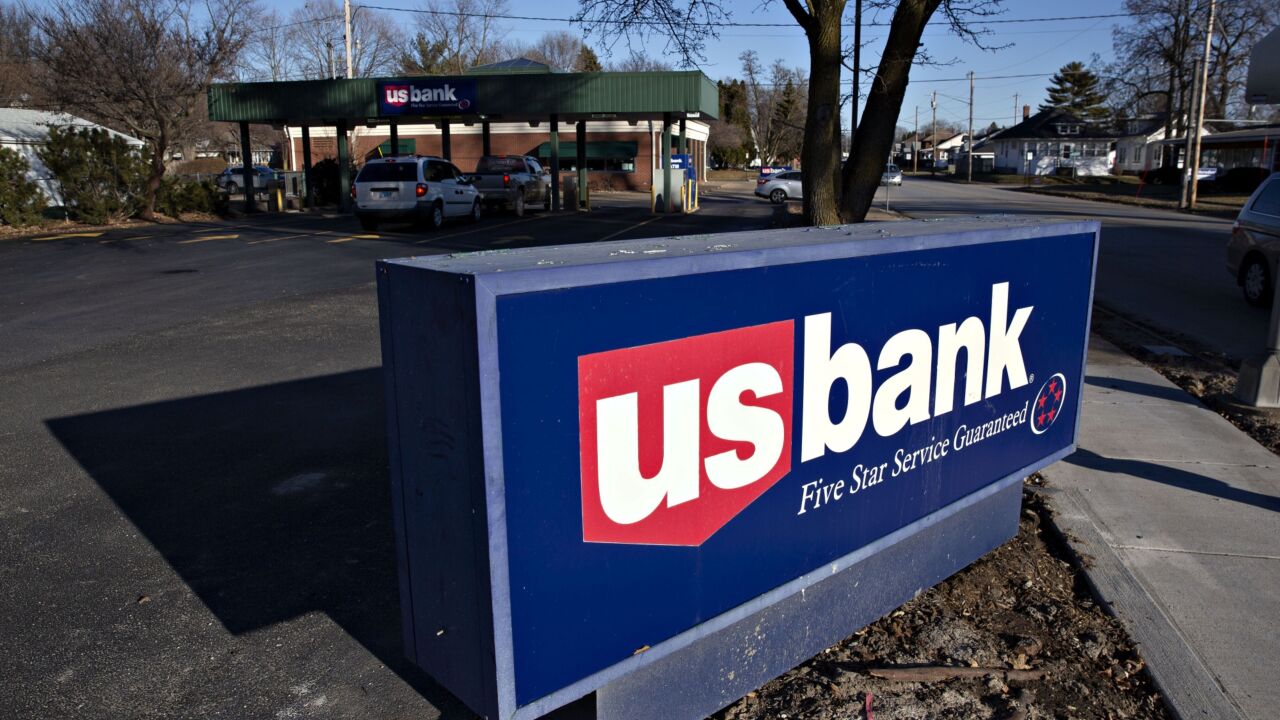A Small Business Administration program meant to help struggling entrepreneurs amid the coronavirus pandemic may have sent billions of dollars to scammers or ineligible applicants, the agency’s inspector general said.
In a
Jovita Carranza, the SBA administrator, defended the agency’s handling of the program. Ware’s work “does not fully and accurately portray SBA’s highly successful delivery of an unprecedented volume of disaster assistance,” Carranza wrote in a letter published alongside the IG report. She added that it “grossly overstates the risk of fraud, waste and abuse in the COVID-19 EIDL program.”

The disaster-aid program offers loans to small businesses of as much as $150,000 and has distributed $192 billion to date. It also distributed $20 billion in grants of as much as $10,000 before funding was exhausted in July. The program is distinct from the $525 billion Paycheck Protection Program, which concluded in August and used banks to distribute SBA-backed forgivable loans meant to cover payroll.
Ware’s examination of the EIDL program found $13.4 billion was deposited in bank accounts that were different from the accounts designated in the original application — a potential indicator of fraud. And $58 billion was paid to recipients using the same IP address, physical address, email address or bank account as another recipient.
Carranza cast doubt on the significance of those findings, noting that some applicants simply wrote their bank account numbers incorrectly and later corrected them, or they submitted online applications using public Wi-Fi. The most used IP address in Ware’s report, she wrote, used by hundreds of successful applicants, belonged to a “religious or cultural center” in Brooklyn that offered Wi-Fi.
Other cases Ware mentioned seemed more troubling. One IP address was used to submit 85 applications, mostly by someone using an email address associated with a fish market. The applications sought aid for “jewelry stores, psychiatric services, construction, gas stations and other non-seafood businesses,” Ware wrote. The SBA approved all but one of the applications and disbursed $9.4 million, Ware said.
“SBA’s management continues to insist that its controls are robust despite overwhelming evidence to the contrary,” Ware wrote.





